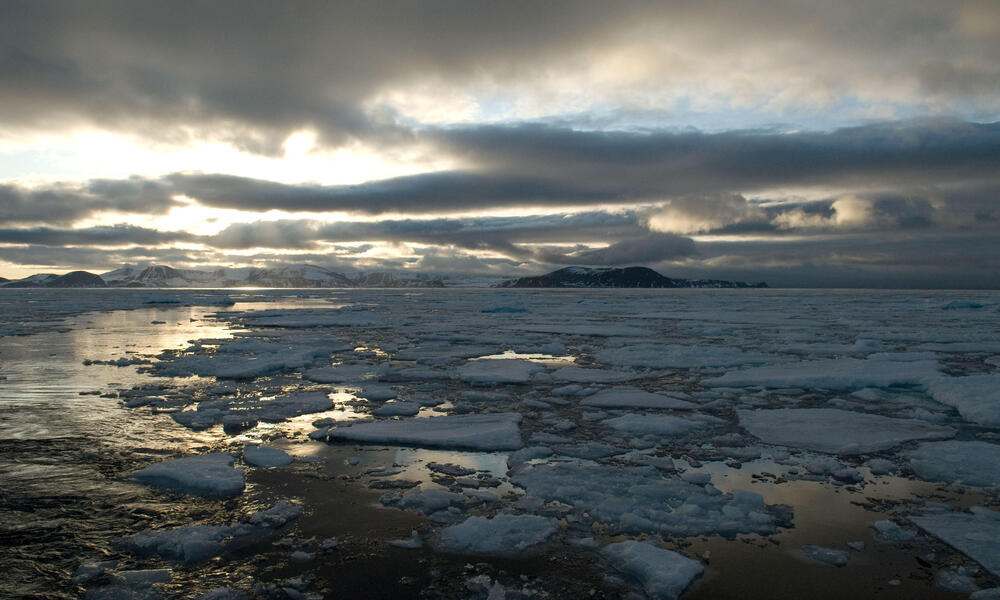Overview of Current Climate Change Issues In recent years, the world has witnessed an alarming surge in climate change issues, catapulting the global community into a state of heightened awareness and urgency. The climate crisis, characterized by rising temperatures, extreme weather events, and changing ecosystems, poses a formidable challenge to our planet’s well-being. This article provides a comprehensive overview of the current state of climate change issues, drawing upon reports from renowned entities such as the Intergovernmental Panel on Climate Change (IPCC), and explores the pressing need for collective action to mitigate and adapt to the evolving environmental landscape.
Table of Contents
ToggleThe Global Impact and Overview of Current Climate Change Issues
Climate change is a complex, interconnected issue that transcends national borders, affecting every corner of the world. The increasing concentration of greenhouse gases, primarily carbon dioxide (CO2), in the Earth’s atmosphere is driving a relentless warming trend. The IPCC’s latest assessment reports paint a dire picture, revealing that global temperatures have reached record highs in recent years, with each successive year breaking the previous record. This warming trend, often referred to as global warming, has far-reaching consequences for the planet’s ecosystems, weather patterns, and overall climate stability.
Emissions and the Carbon Conundrum
At the heart of the climate crisis lies the issue of carbon emissions, primarily stemming from human activities such as burning fossil fuels, deforestation, and industrial processes. These emissions contribute to the enhanced greenhouse effect, trapping heat in the atmosphere and leading to a rise in global temperatures. The urgent need to curb carbon emissions has prompted international agreements, with countries committing to reduce their carbon footprint and transition to sustainable energy sources.
Ice Melting and Rising Sea Levels
One of the most visually striking consequences of climate change is the accelerated melting of ice caps and glaciers. The Arctic and Antarctic regions, once characterized by vast expanses of ice, are experiencing unprecedented rates of melting. This has direct implications for rising sea levels, posing a threat to low-lying coastal areas and island nations. The scientific community underscores the urgency of addressing this issue to mitigate the impacts on vulnerable communities and ecosystems.
Extreme Weather Events and Changing Patterns
The fingerprints of climate change are evident in the increasing frequency and intensity of extreme weather events. Hurricanes, heatwaves, floods, and droughts have become more commonplace, disrupting communities and ecosystems around the globe. The altered weather patterns challenge existing infrastructure and necessitate adaptive measures to protect lives and livelihoods. The importance of scientific research in understanding and predicting these changes cannot be overstated, as it forms the basis for informed decision-making and climate resilience.
Global Cooperation and the Role of Countries
Addressing climate change requires collaborative efforts on a global scale. The Paris Agreement, a landmark accord adopted in 2015, represents a collective commitment by countries to limit global warming to well below 2 degrees Celsius above pre-industrial levels. However, recent assessments indicate that current efforts fall short of the necessary trajectory, emphasizing the need for enhanced ambition and accelerated action. The role of individual countries in implementing sustainable practices, reducing emissions, and fostering innovation is pivotal in achieving meaningful progress.
Health Impacts and Climate Adaptation
Beyond environmental concerns, the climate crisis has profound implications for public health. Changes in temperature, precipitation patterns, and the spread of vector-borne diseases pose significant risks to human well-being. Vulnerable populations, particularly in developing countries, are disproportionately affected. Adaptation strategies, encompassing improved healthcare systems, resilient infrastructure, and community engagement, are crucial to mitigating the health impacts of climate change.
Renewable Energy and the Path to Sustainability
Transitioning to renewable energy sources is a key component of the global response to Overview of Current Climate Change Issues. The urgency of reducing reliance on fossil fuels is underscored by the finite nature of these resources and their detrimental environmental impacts. Innovations in solar, wind, and other sustainable technologies offer promising alternatives, providing a pathway to a more sustainable and climate-resilient future. Investment in clean energy infrastructure and the development of efficient technologies are integral to mitigating the root causes of climate change.
The Role of Science and Ongoing Research
Scientific research plays a pivotal role in understanding the complexities of climate change and guiding evidence-based policy decisions. Organizations such as the IPCC provide comprehensive assessments, synthesizing the latest research to inform policymakers, governments, and the public. Ongoing research initiatives focus on refining climate models, monitoring environmental changes, and identifying potential solutions. The scientific community’s dedication to advancing knowledge is indispensable in addressing the multifaceted challenges posed by the Overview of Current Climate Change Issues
Conclusion
As the world grapples with the multifaceted challenges of Overview of Current Climate Change Issues, the need for decisive action has never been more apparent. The interconnected issues of rising temperatures, carbon emissions, melting ice, and extreme weather events demand a collective and sustained effort on a global scale. The reports from entities like the IPCC serve as a stark reminder of the urgency of the situation and the imperative for countries to align their actions with the goals of the Paris Agreement.
The path forward involves not only reducing emissions and transitioning to sustainable energy but also fostering resilience, innovation, and global cooperation. Individuals, communities, and nations must unite in a shared commitment to safeguard our planet for future generations. The time to act is now, and by addressing the current climate change issues with determination and urgency, we can strive towards a more sustainable, resilient, and harmonious coexistence with the natural world.








